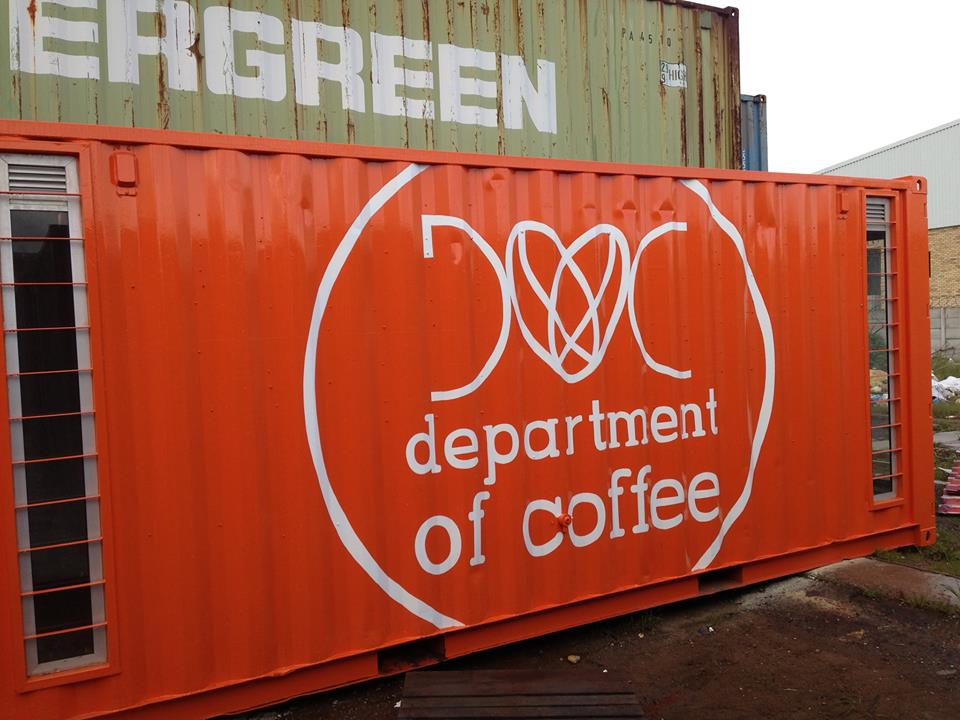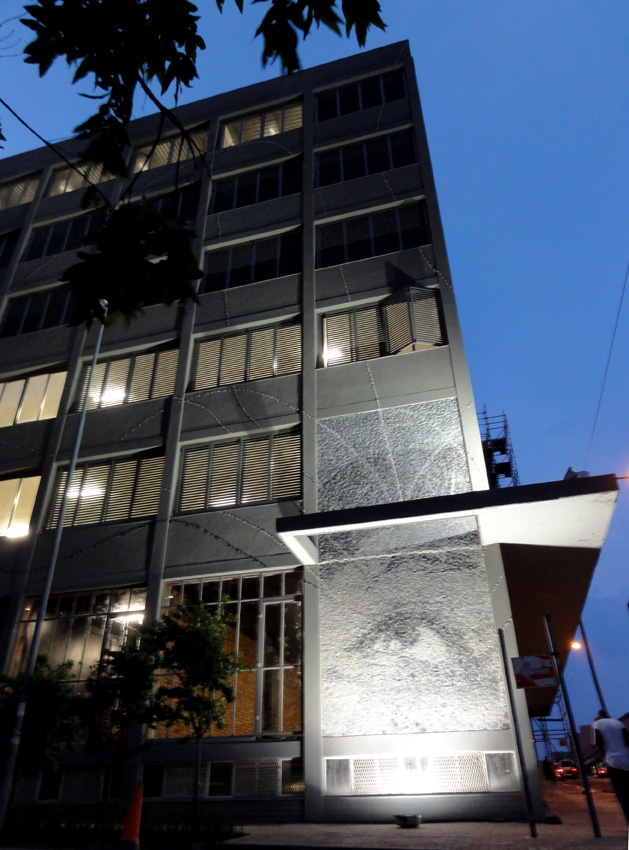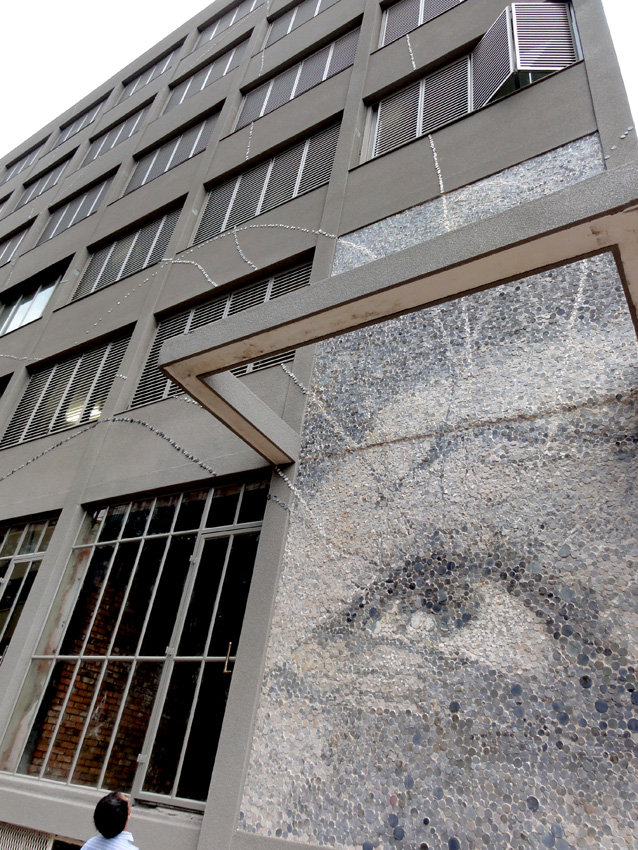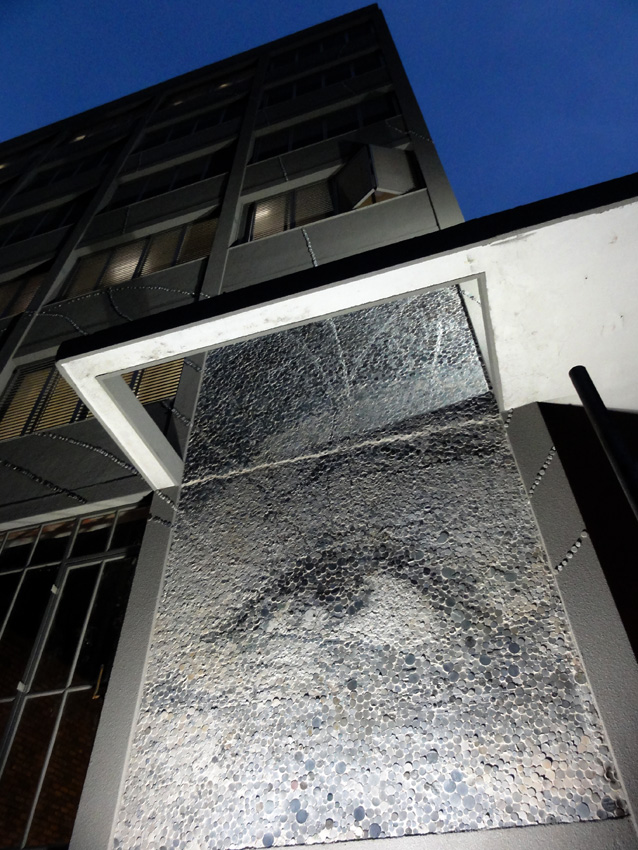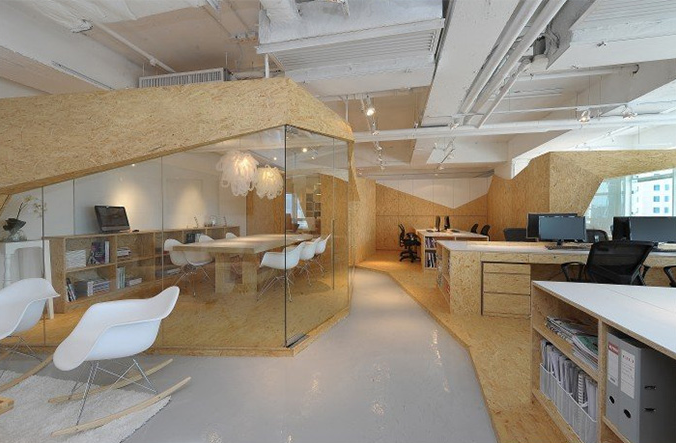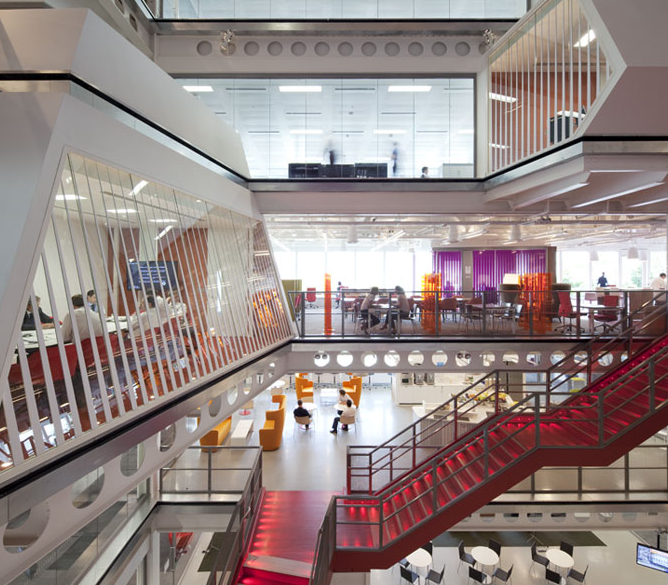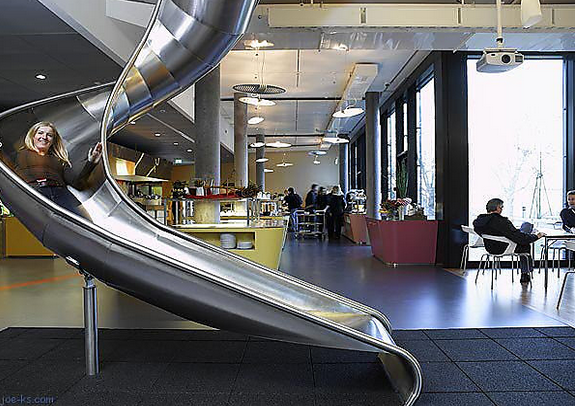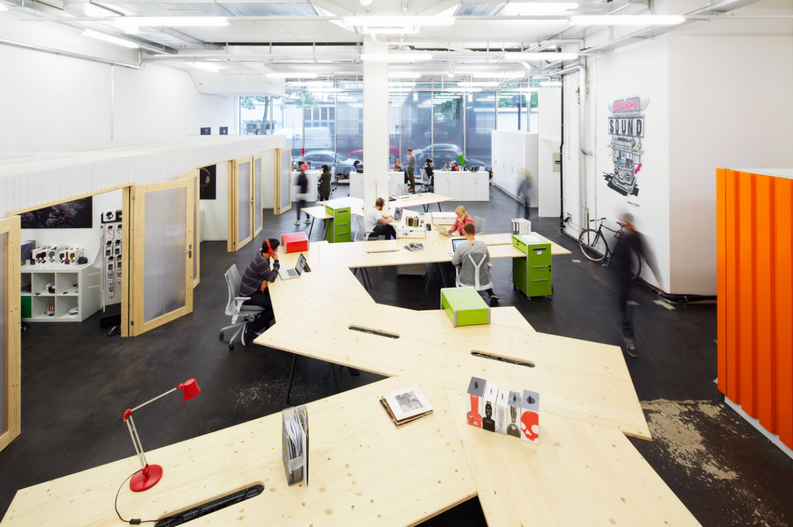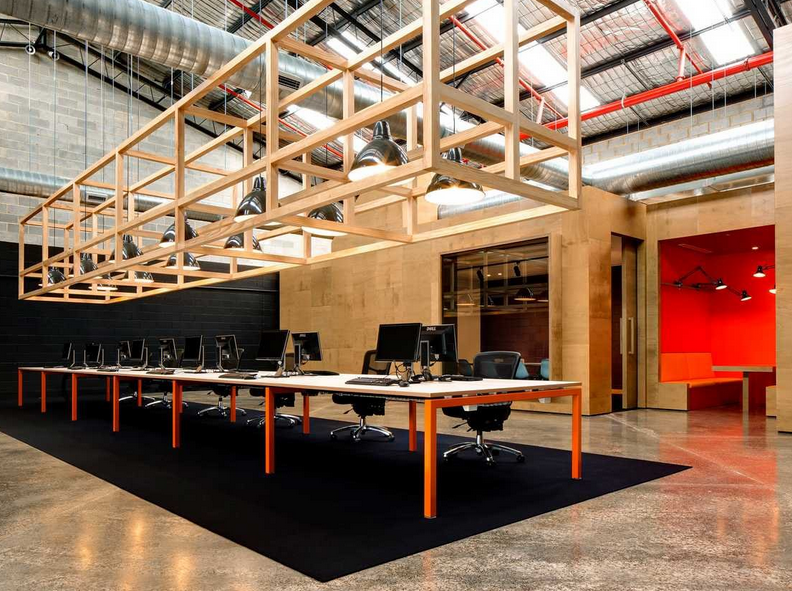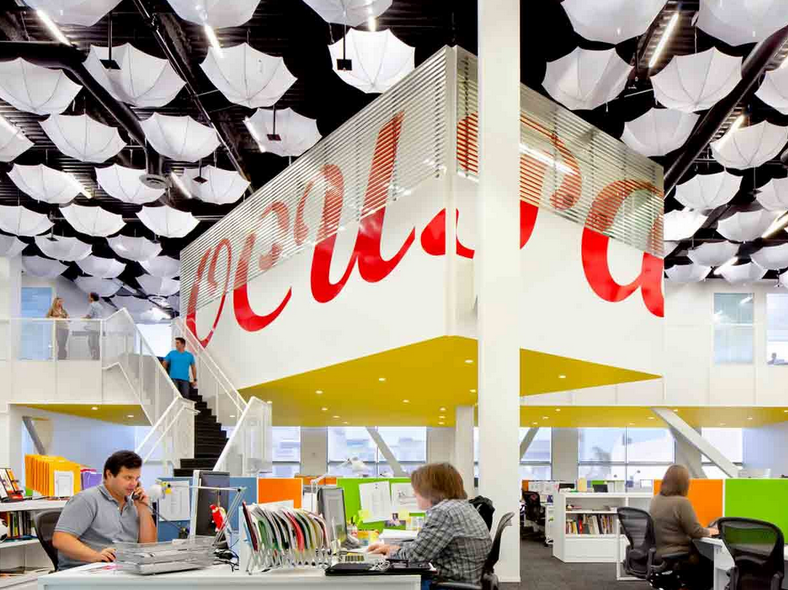Property is a complex asset. Although a cliché, it is true
that no two properties are alike. This is particularly true for commercial
properties. Commercial properties mainly consist of retail shopping centres,
industrial warehouses and office blocks.
For an investor the allure of commercial property is its
ability to generate income, where a tenant will sign a lease agreement,
preferably for a long period of time (8 – 10 years). Furthermore, the potential
for the income to grow through lease escalations over time leads to an uptick
in value which is also an attractive feature of property investment.
Of course, as with any investment, property is not without
risk. There are many financial, legal and structural risks inherent in property
investment that are not obvious to individuals who are not experts in the
field.
The main risk is primarily financial risk. A thorough
financial due diligence would need to analyse the income generated by the lease
agreements and the building expenses to ensure that the projected net income as
provided by the seller is 100% correct.
There is a significant legal risk in property, mainly from
potentially onerous terms in the lease agreements and also conditions on the
title deed that need to be fulfilled. A thorough investigation of the lease
agreement, title deed and other related documents is crucial to ensure proper
due diligence.
Investing in real property means investing in the structure
of a building. Correcting structural issues in buildings can be a costly
affair. A thorough investigation of the structure will ensure that a complete
understanding of the cost implications of any work to be done will be gained as
this will have a direct impact on the bottom line.
However, over and above these specific risk categories, it
is crucial for the due diligence to provide a comprehensive overview of the
property as an investment. This would include, in addition to the above, the
likelihood of attracting tenants or enduring vacancies, competitive threats, liquidity
and other risks.






















